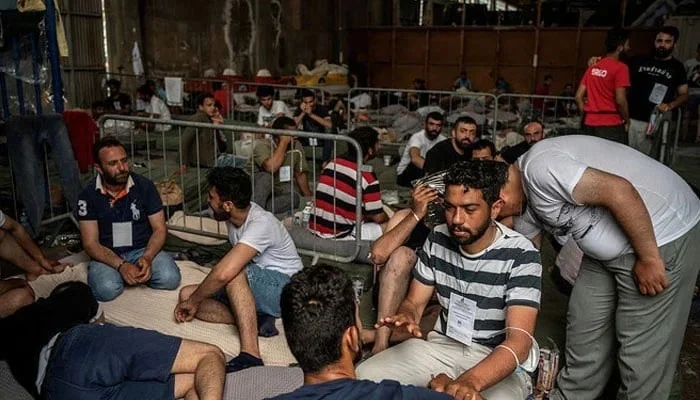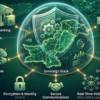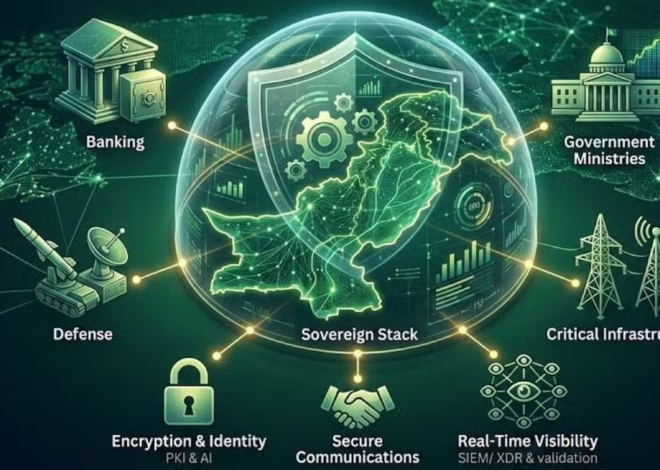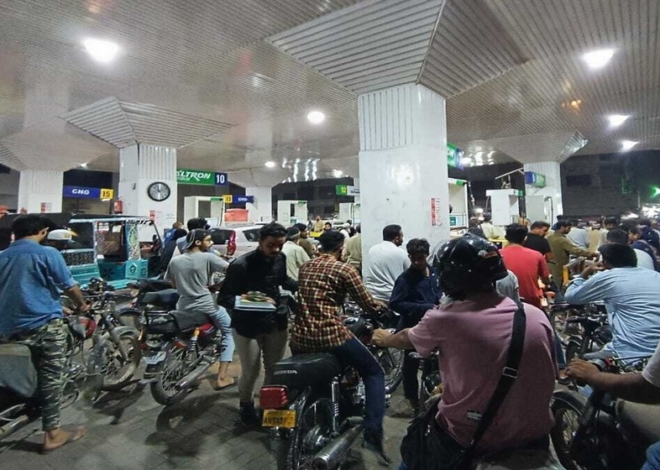
Four Pakistanis Rescued from Human Traffickers in Iran Amid Rising Illegal Migration Crisis
Human Trafficking: A Growing Crisis for Pakistani Migrants
The issue of human trafficking has once again come into the spotlight as four Pakistani citizens were recently rescued from traffickers in Iran. The victims, who were attempting to cross the border illegally in search of better opportunities, were reportedly held captive by a notorious trafficking network. The successful rescue operation was conducted with the cooperation of Pakistani and Iranian authorities, highlighting the ongoing crisis of illegal migration in the region.
The Perilous Route of Illegal Migration
Every year, thousands of Pakistani nationals attempt to enter Iran illegally with hopes of reaching Europe or the Middle East. The most common route involves:
- Crossing into Iran through Balochistan’s porous border.
- Navigating dangerous terrain in hopes of reaching Turkey or Greece.
- Falling prey to smugglers who promise safe passage but exploit migrants.
The four rescued Pakistanis were reportedly misled by traffickers who had promised them secure entry into Iran and onward passage to Europe. However, upon arrival, they were held hostage and subjected to inhumane conditions, including physical abuse and ransom demands.
Pakistani Government’s Efforts to Combat Human Trafficking
The government of Pakistan has ramped up its efforts to counter illegal migration and trafficking networks. Key measures include:
- Increased border security to prevent illegal crossings into Iran and Afghanistan.
- Crackdown on human smuggling rings operating in major cities like Karachi, Lahore, and Quetta.
- Public awareness campaigns to educate people about the dangers of illegal migration.
Despite these efforts, traffickers continue to lure vulnerable individuals, particularly from impoverished regions, with false promises of employment and a better life abroad.
Iran’s Role in Stopping Illegal Migration
Iran, a major transit country for illegal migrants from Pakistan, has also intensified its border surveillance. In collaboration with Pakistani law enforcement, Iranian security forces have:
- Deported thousands of illegal migrants back to Pakistan.
- Increased patrols along border regions like Sistan-Baluchestan, a common crossing point.
- Launched joint intelligence-sharing initiatives to track human smuggling networks.
Iranian officials have urged Pakistan to take stricter measures in preventing illegal migration at its source, particularly by targeting recruitment hubs used by traffickers.
Rising Cases of Trafficking and Illegal Migration
The recent rescue incident is just one example of the larger crisis. According to reports, hundreds of Pakistanis are stranded in different countries after falling victim to human traffickers. Many face:
- Inhumane treatment in detention centers.
- Risk of deportation or criminal charges in foreign lands.
- Financial ruin after paying traffickers large sums of money.
What Needs to Be Done?
Experts suggest a multi-pronged approach to tackle this growing issue:
- Stronger border enforcement to prevent illegal crossings.
- More job opportunities in Pakistan to reduce economic desperation.
- Tougher penalties for traffickers to dismantle their networks.
- International collaboration to rescue and repatriate victims of human trafficking.
The recent rescue of the four Pakistanis in Iran serves as both a relief and a wake-up call. With rising cases of human trafficking, authorities must take more proactive measures to protect citizens from falling into the traps of illegal migration networks.







